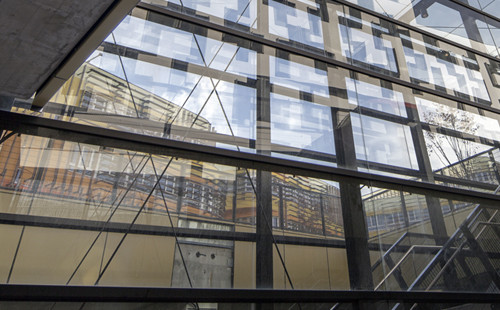Projects
Current projects
| Project Title | City Tolls That Work (TTW) |
|---|---|
| Project description | City tolls are widely recognised as an effective policy measure to fight congestion and decrease the negative environmental impacts of car traffic in cities. However, they suffer from low public acceptability, with one reason being expected adverse distributional impacts. Such public resistance makes the idea of city tolls de facto non-operational, with noticeable exceptions being Singapore, London, Stockholm and Gothenburg. This motivates our search for road tolling schemes that can really work in cities, i.e., that make cities more accessible and sustainable, while also being perceived as fair and having broad public support. To succeed, one first needs to gain a solid understanding of what population groups actually benefit and lose under existing city tolls and why. We use unique real-world congestion pricing and registry data of the full Swedish population to acquire new insights on long-term distributional effects of city tolls. These will inform our project further, as we propose and gauge public support for an innovative road-pricing scheme with a cash-back component, in which collected tolls are returned directly back to drivers in the form of public transport tokens. We will then design a field experiment that measures behavioral reactions to such novel pricing instruments. |
| Duration | 2023-2025 |
| Homepage | https://www.wu.ac.at/en/spatialeconomics/citytollsthatwork/ |
| Funder | EN-UAC Innovation Action: Innovations for Managing Sustainable Urban Accessibility |
| Project leader | Associate Prof. PD Stefanie Peer Ph.D. stefanie.peer@wu.ac.at |
| Project partners | Baltic International Centre for Economic Policy Studies (BICEPS), Dolphin Technologies GmbH, Swedish National Road and Transport Research Institute (VTI) |
Past projects
| Project title | DENCITY: Urban density and its effect on time use and mobility in Vienna |
|---|---|
| Project description | DENCITY aims at shedding light on whether time use and mobility behavior depend on where in Vienna one resides, and in particular whether indicators for urban density can explain differences in time use, travel demand and mode choice behavior, while also controlling for socioeconomic differences. In particular, we are interested in whether people who live in central, dense neighborhoods lead more “local lives”, generating positive externalities with respect to public health and the local economy, and avoiding negative externalities such as emissions of greenhouse gases and local pollutants, noise, road congestion, lack of public space, and accidents. |
| Project duration | 10/2021-9/2022 |
| Homepage | https://research.wu.ac.at/en/projects/dencity-urban-density-and-its-effect-on-time-use-and-mobility-in- |
| Funder | Jubiläumsfond der Stadt Wien für die WU Wien |
| Project leader | Associate Prof. PD Stefanie Peer Ph.D stefanie.peer@wu.ac.at |
Other projects, in which members of the Research Institute have been involved:
Next Bus?! ‐ Definitely soon! (2022-2023): Citizen's willingness to pay for a “mobility service guarantee” in Austria (together with the Institute for Transport and Logistics Management; WU project)
The Role of User-interface Design in Influencing Users’ Mobility Behaviour in Vienna (2021-2023): Towards Realization of Accountable Multi-modal Smart Mobility in Vienna: Do Smartphone Apps Influence Mode Choice Behavior among Viennese Citizens? (together with WU's Sustainable Computing Lab; funded by "Jubiläumsfond der Stadt Wien für die WU")
aPPRAISE (2019-2022): Participatory Value Evaluation: a novel assessment process for transport policies aiming at climate change mitigation (together with BOKU Vienna; funded by ACRP; website: https://www.appraise-mobility.at/)
SimSAEV (2018-2021): Simulating the environmental and socio-economic effects of shared autonomous electric vehicles: the case of Vienna (together with IIASA and AIT; funded by ACRP; website: https://www.simsaev.eu/)
TRACE: Transnational cooperation for the improvement of buildings energy performance and efficiency (contact: Gunther Maier)
